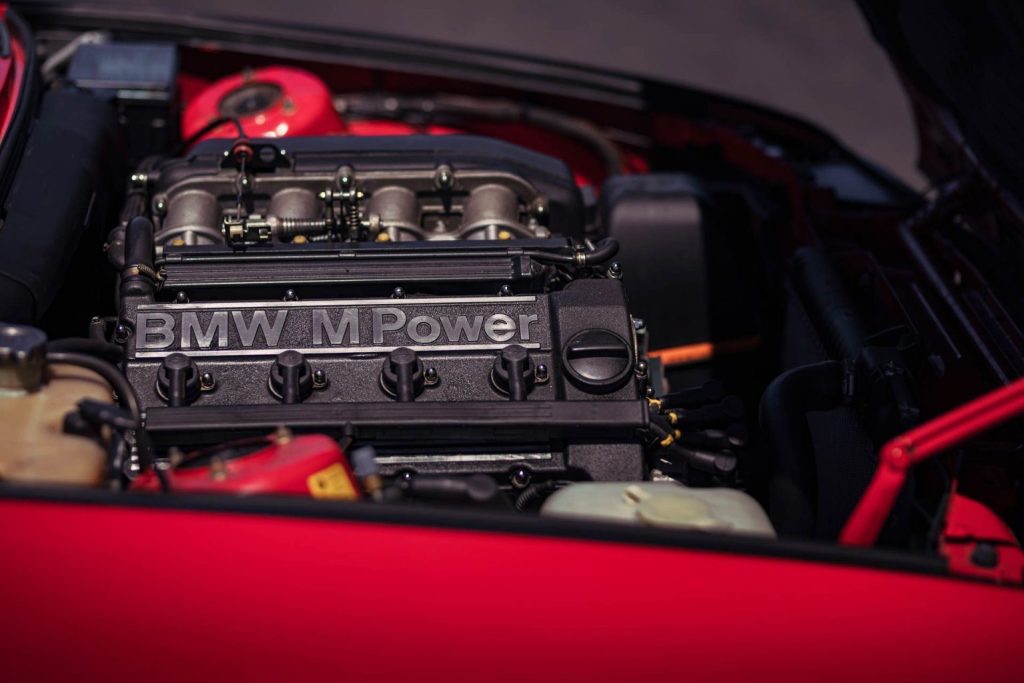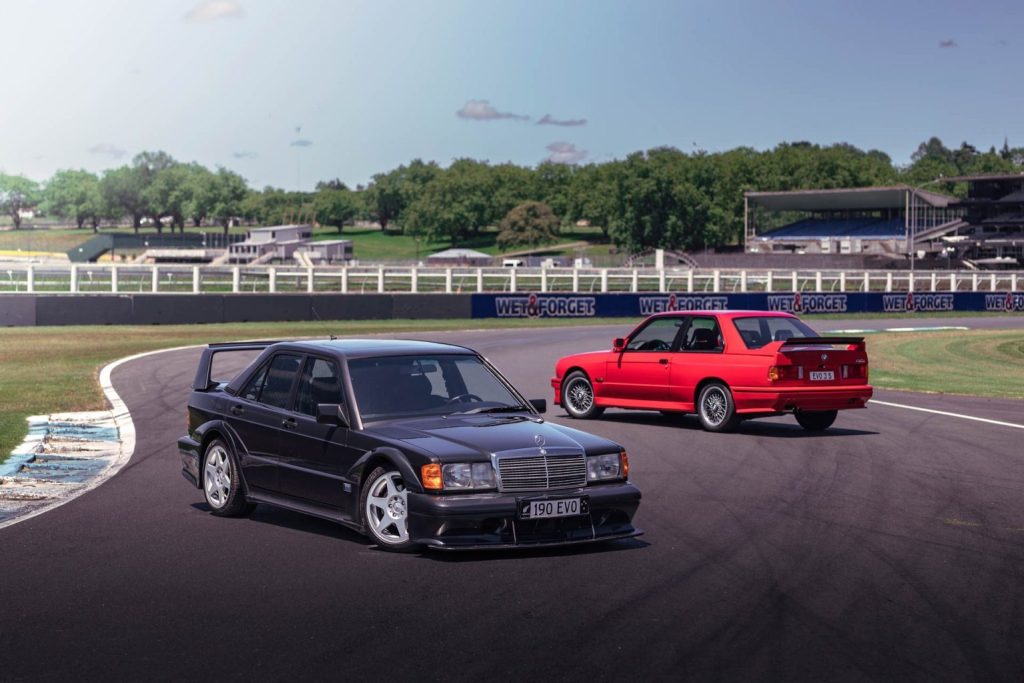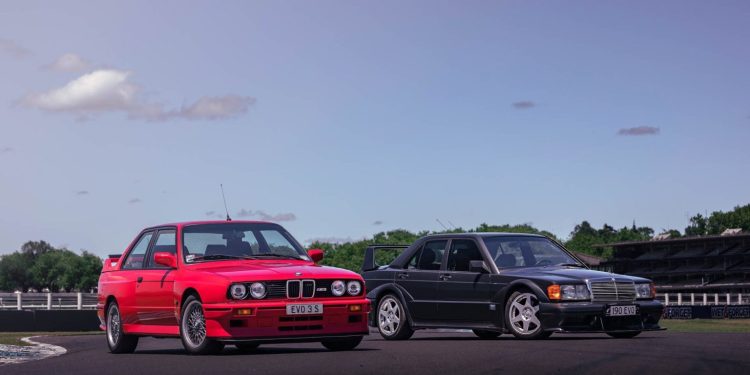Strange times – Mercedes may use some of BMW’s engines
Words/Images NZ Autocar
Mercedes may end up using a BMW four-pot mill for its next-generation PHEVs and range-extenders.

How come? It’s all part of a radical rethink regarding its ICE strategy. That has been prompted by slower than desired uptake of its EVs.
According to Autocar UK, the two firms are already at high level of planning and negotiations. An announcement is due by year end. The potential tie-up would mean BMW provides a new generation of petrol engines for use in Mercedes models. It would involve classes ranging from the CLA right through to the upcoming ‘Little G’.
Evidently, Mercedes is saying this is a “strategic step to cut development costs”. It would secure the Stuttgart company a Euro 7-compliant engine supply while helping it to expand plug-in hybrid offerings without further heavy investment in engine development.

The move comes as Mercedes introduces its new turbocharged 1.5-litre four-cylinder M252 engine. This was developed in-house but is produced in China by Horse, a JV between Geely and Renault.
It comes in three outputs from 101 to 142kW and combines with an eight-speed dual-clutch automatic gearbox that houses a 20kW electric motor.
However, the M252 isn’t engineered for PHEV or range-extender use. Hence the request across the aisle.
The BMW engine is likely to be a 2.0T derivative of the four-cylinder B48 engine. That’s the unit used in most compact BMWs and various Minis.
The advantage of this engine over the M252 is that it will work in both longitudinal and transverse layouts.
The proposed deal could also involve global production hubs, including in the US to avoid Trump’s import tariffs.
Potentially the deal could include gearboxes as well in the longer term.





